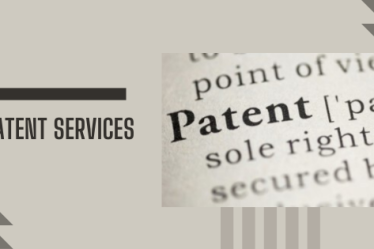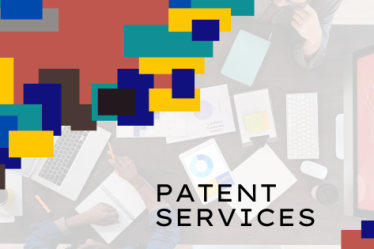
In the current digital age, the swift dissemination of news and information online has magnified concerns over the trustworthiness and accuracy of content distributed across various platforms. Artificial Intelligence (AI) has notably emerged as a transformative tool in various fields, including journalism. Yet, its ability to generate text and fabricate articles has ignited a contentious debate on the possible misapplication of such technology, specifically in producing fake news.
AI technology, leveraging natural language processing and machine learning algorithms, has the capability to churn out content shockingly similar to human-written texts. Several websites and AI-driven content platforms offer services that can generate news articles with minimal human supervision. Among these tools, an example worth mentioning is Journalist AI, which is renowned for being one of the best AI fake news article generator free tools. This aspect casts light on an alarming question: Can you use AI to generate fake news articles for fun and for free? While technically feasible, this operation carries profound ethical and societal implications.
The Ease of Access to AI Tools
AI tools adept at crafting text and media content are more accessible today than ever before. Prominent platforms such as OpenAI’s GPT (Generative Pre-trained Transformer) have brought to the forefront advanced models capable of composing texts nearly indistinguishable from those authored by humans. Apart from developer-friendly APIs, these technologies also boast user-friendly interfaces, democratizing access not just to developers but to anyone with rudimentary internet navigation skills.
The Dark Allure of Misuse
The relative ease with which high-quality, seemingly credible text can be generated harbors the potential for misuse. For individuals or entities keen on disseminating false narratives or swaying public opinion underhandedly, AI tools like Journalist AI present a swift and cost-efficient mechanism for spawning fake news. Given that some AI services—including potent fake news generators—are freely accessible, the threshold for misuse is alarmingly low.

The utmost danger presented by such misuse is the potential decimation of public confidence in media and institutional bodies. In an era where fake news becomes virtually undiscapable from genuine news, the public’s capacity to differentiate truth from fiction may severely diminish, leading to a disintegrated societal consensus and heightening the likelihood of polarization and discord.
Ethical Practices and Countermeasures
Confronted with these scenarios, the pertinent question revolves not only around the ability to use AI for generating fake news free of charge but also the ethicality of such endeavors. The domains of AI ethics and responsible journalism necessitate stringent guidelines and enforcements. Aware of the potential for abuse, developers and enterprises offering AI services are instigating measures such as watermarking AI-generated content, imposing stringent user verification protocols, and constricting the types of content permitted for generation.
Educating the populace on digital literacy, encouraging source verification, and advocating for the employment of fact-checking services are essential in the fight against fake news. Concurrently, the evolution of AI technologies capable of distinguishing synthetic content from authentic narratives is an avenue being fervently explored.
Conclusion
Although technically possible, leveraging free AI tools to fabricate fake news articles is ethically dubious and stands as a threat to the integrity of information. The misuse of AI in generating counterfeit content harbors extensive repercussions on public trust and the integrity of democratic processes. It is imperative for AI developers, users, and policy envoys to champion ethical standards and introduce technological safeguards aimed at ensuring AI contributes to the public good rather than detracting from it. In the quest to harness AI, it is crucial to proceed with caution, ever mindful of the ethical implications and the potential societal ramifications.


